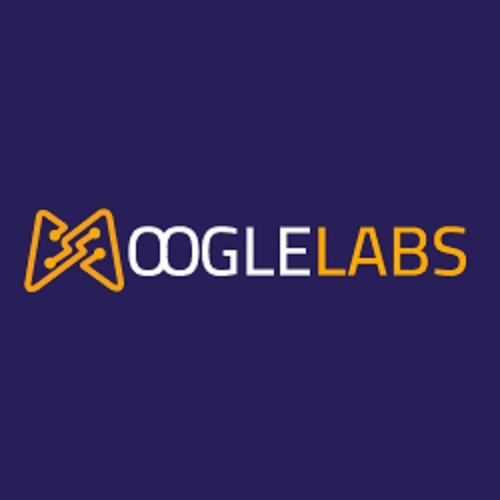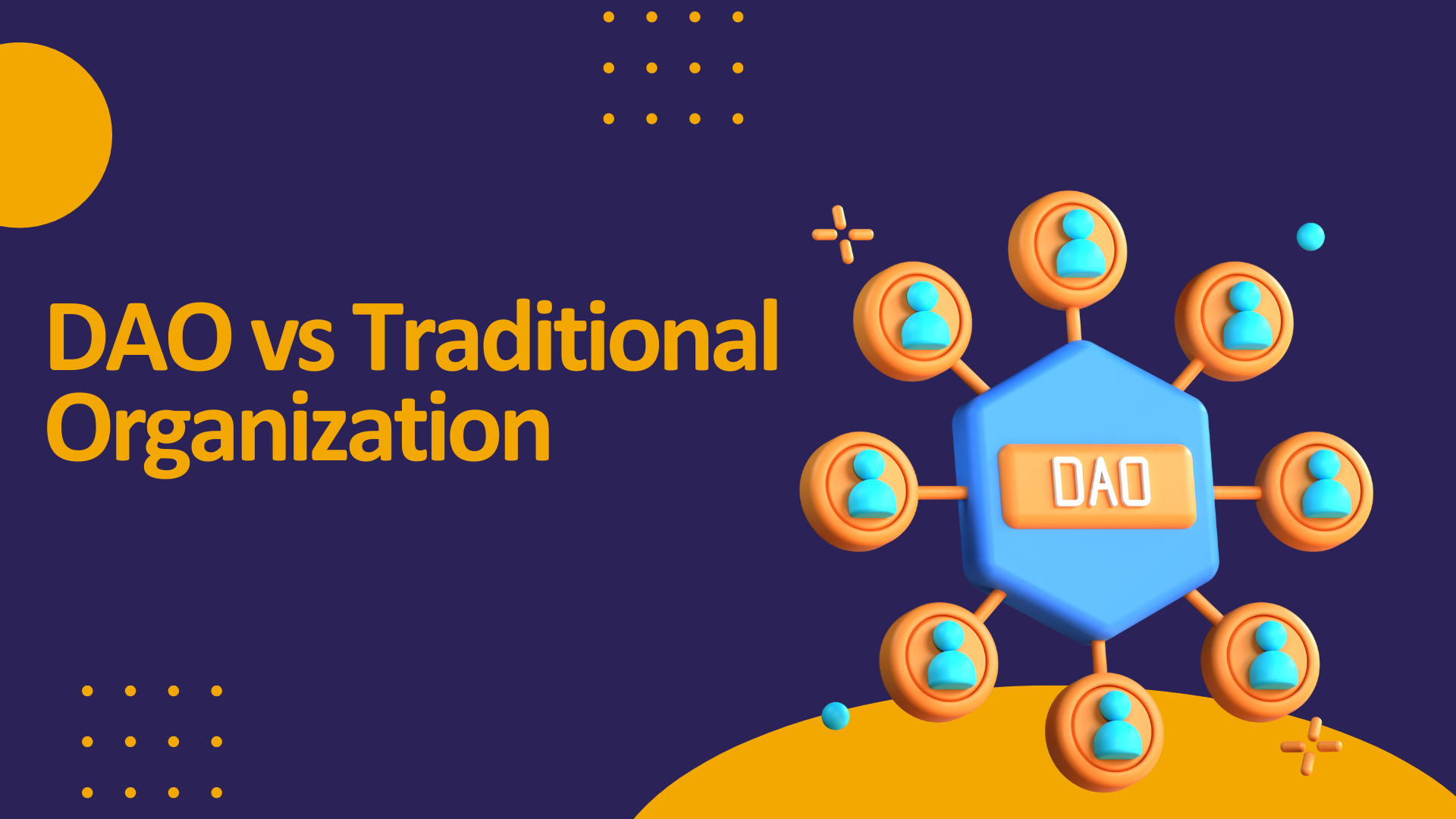DAO vs Traditional Organization – Pros, Cons, and More
 MoogleLabs
MoogleLabs
Before we get to the technical aspects of it, here is a brief exercise for you!
Imagine shopping in a fully-automated store. A machine that accepts money from you and gives you whatever you need in return; uses that money to restock and hire cleaners for maintenance of the store; no managers, no human intervention at all, and the machines handle everything.
Sounds pretty amazing, right?
Well, this is roughly the concept on which DAOs are based. Decentralized Autonomous Organizations, better known as DAOs, are organizations that are controlled by the members of the organization. No external authorities get a say, and all the rules are set in stone in the form of a transparent computer program.
Tracing Back the History
The concept of DAOs was first proposed in 2013 by Vitalik Buterin, the co-founder of Ethereum. The motive behind DAOs is to create decentralized organizations that operate on blockchain technology, allowing them to be run without intermediaries or central authority. This idea was inspired by the success of Bitcoin and other cryptocurrencies after they demonstrated the potential of decentralized systems to eliminate intermediaries and increase transparency and security.
In a DAO, all the rules and decision-making processes are encoded in smart contracts. Since these smart contracts are self-executing programs that run on the blockchain, they enable secure and transparent management of the organization. They also provide the members with the ability participate in decision-making through voting. No wonder DAO blockchain development is in high demand.
The Similarities
Even though traditional organizations have been around since forever and DAOs are relatively new, they share certain similarities:
Purpose
DAOs as well as traditional organizations exist for a specific purpose or mission, such as generating profits, providing goods or services, or pursuing a social cause.
Membership
Both types of organizations have members who play a role in the organization, whether it's through ownership, participation, or contribution.
Decision-making
Both DAOs and traditional organizations have processes for making decisions, such as voting or consensus building.
Allocation of Resources
In DAOs as well as traditional organizations allocate resources, such as finances, manpower, and technology, to accomplish their goals.
However, there are also some significant differences between DAOs and traditional organizations.
The Differences
Blockchain consulting companies are on the leading front when it comes to choosing DAOs over traditional organizations for multiple operations. Despite the subtle similarities, DAOs are remarkably different from traditional organizations. Some key differences are:
Decentralization
The most fundamental difference between DAOs and traditional organizations is that DAOs are decentralized. In other words, they operate without a central authority or intermediaries. In traditional organizations, decision-making power lies in the hands of a few individuals or a board of directors. DAOs give the power to its members.
Transparency
DAOs operate on blockchain technology, thus, providing a transparent and secure platform for transactions. Transactions and decisions made within a DAO are recorded on the blockchain, resulting in greater transparency and accountability. In contrast, traditional organizations are often opaquer, with decisions being made behind closed doors.
Security
Because DAOs run on blockchain technology, they are more secure than traditional organizations, which are vulnerable to fraud and hacking. DAOs are less susceptible to these types of attacks as they rely on cryptographic algorithms for securing transactions and protecting against unauthorized access.
Global Participation
DAOs can be accessed from anywhere in the world, making them accessible to a global audience. This allows for greater participation and decision-making power, as members from anywhere can join and participate in the organization. In traditional organizations, membership and participation are often restricted by geography.
Speed of Decision-making
DAOs can make decisions faster than traditional organizations because they don't have to go through intermediaries or hierarchies. Real-time decision making through voting or consensus-building processes is encoded in smart contracts. In traditional organizations, on the other hand, decision-making can be slowed down by bureaucracy and the need for approvals from multiple levels of management.
Ownership Structure
DAOs are owned by their members. These members hold tokens representing ownership and voting rights. While in traditional organizations, ownership is often centralized in the hands of a few individuals or a board of directors.
Flexibility
DAOs can be more flexible than traditional organizations, as their rules and processes are encoded in smart contracts, which can be updated and modified as needed. In traditional organizations, changing rules and processes can be more complex and time-consuming as even the tiniest decision requires approval from multiple levels of management.
To Summarize
It must be noted that DAOs and traditional organizations have their own unique set of pros and cons. DAOs offer decentralization, transparency, and autonomy, whereas traditional organizations offer stability, clear leadership, and established decision-making processes. Ultimately, the choice between a DAO and a traditional organization will depend on the specific needs and goals of the organization.
Even though DAOs may be better suited for organizations that prioritize decentralization and autonomy, traditional organizations are better for those that value stability and clear decision-making processes.
Regardless of the type of organization chosen, it is important to carefully consider all aspects of each model before making a decision.
Subscribe to my newsletter
Read articles from MoogleLabs directly inside your inbox. Subscribe to the newsletter, and don't miss out.
Written by

MoogleLabs
MoogleLabs
Our cutting-edge AI & ML development services meet the next-gen industry demands of clients with agile artificial intelligence software solutions. Our team of AI/ML has hands-on knowledge in crafting machines and deep learning algorithms for automating preliminary processes of international businesses.